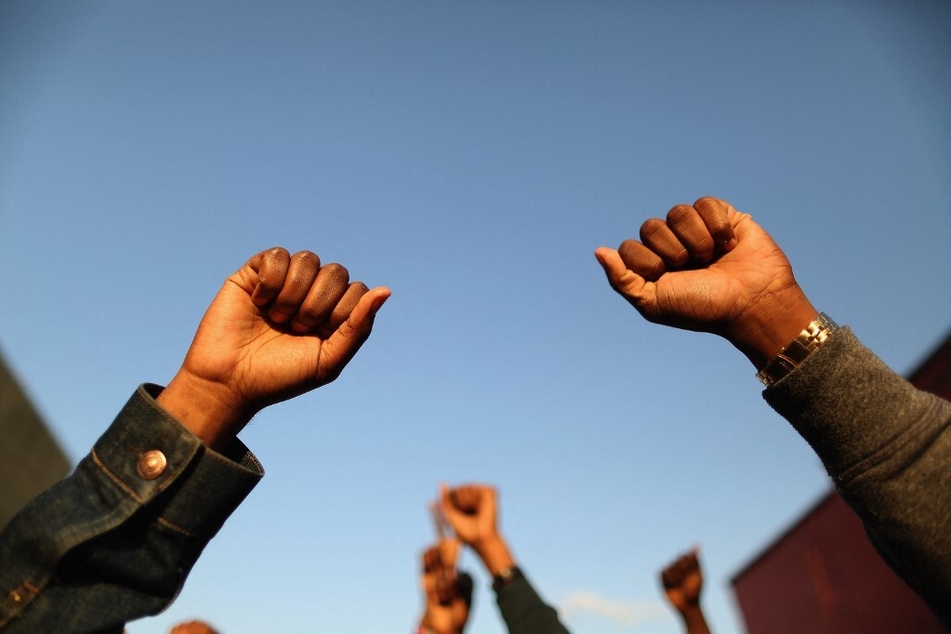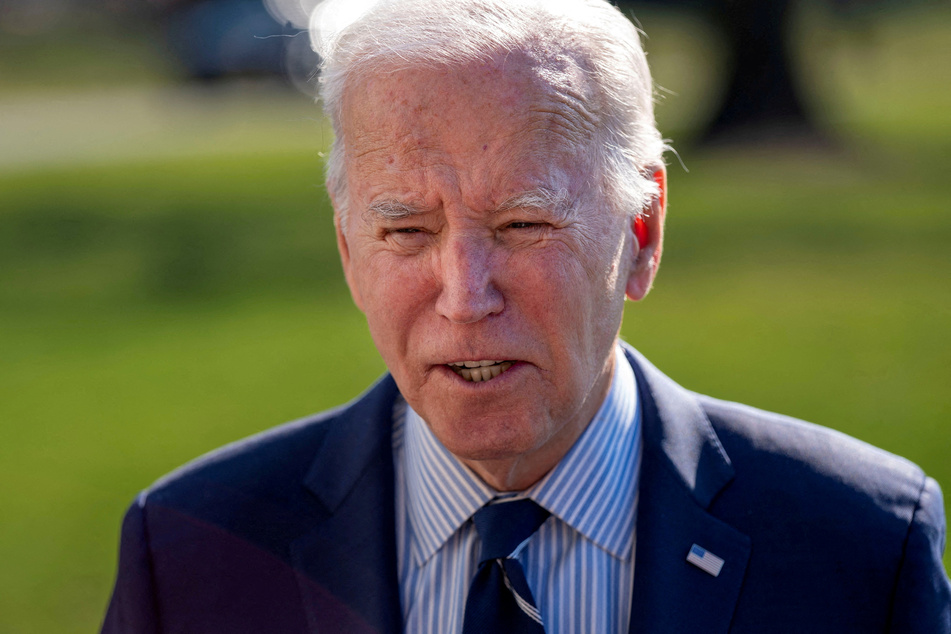Reparations Awareness Day 2024: Federal commission remains stalled as cities and states take action
Reparatory justice advocates in the United States are marking Reparations Awareness Day on February 25 as the fight for redress continues at the federal, state, and local levels.

Reparations Awareness Day emerged out of efforts of the National Coalition of Blacks for Reparations in America (N'COBRA) starting in the early 1990s to boost public support for reparations during Black History Month.
The date is of particular significance, as it was the day that a group of Black Alabama State College students staged a historic sit-in at the Montgomery County Courthouse's whites-only lunch counter in 1960.
This year, the occasion takes place amid a rising groundswell of support for reparatory justice, particularly on the municipal, county, and state levels.
California lawmakers this month unveiled their first package of reparations bills in what is expected to be a multi-year effort to address the legacy of chattel slavery, Jim Crow, and present-day discrimination. New York is poised to announce the members of its reparations commission green lit by Governor Kathy Hochul at the end of last year, while racial justice advocates in New Jersey are approaching the halfway mark in their two-year Reparations Council, launched on Juneteenth 2023.
Reparations task forces are also cropping up in cities and counties around the country, building on the precedent set by Evanston, Illinois. Some task forces are in the earliest stages of their work, while San Francisco, California, issued its final report last July. Amherst, Massachusetts, followed suit in September.
Earlier this week, the Oklahoma Supreme Court granted an April hearing as the last two known living survivors of the 1921 Tulsa Race Massacre – known as one of the worst acts of racial violence in US history – make the case for their reparations lawsuit to go forward.
Biden urged to take executive action on reparations

The right to reparations – enshrined in international law – calls for comprehensive measures to ensure victims of gross human rights violations receive the restitution, compensation, rehabilitation, and satisfaction they are due.
As state and local governments make moves to meet their obligations to Black Americans, the push for a federal reparations commission remains stalled due to White House inaction.
It is entirely within President Joe Biden's power to establish a federal reparations commission today. Nevertheless, he has so far ignored racial justice advocates' repeated appeals for an executive order.
The president's failure to follow through on his 2020 campaign promise goes against the tenets of his own party, whose 2020 platform states support for a federal reparations commission – a position it affirmed in March 2022.
As the high-stakes 2024 election nears, Black Americans – traditionally the most loyal Democratic voting bloc – are turning away from the president in growing numbers. The threat of losing critical Black support is creating added pressure on Biden to fulfill his moral and legal duty.
If enacted, a federal reparations commission would convene a panel of experts tasked with crafting a blueprint to put the country on a path toward true freedom and equality for all.
Cover photo: Chip Somodevilla / GETTY IMAGES NORTH AMERICA / Getty Images via AFP

